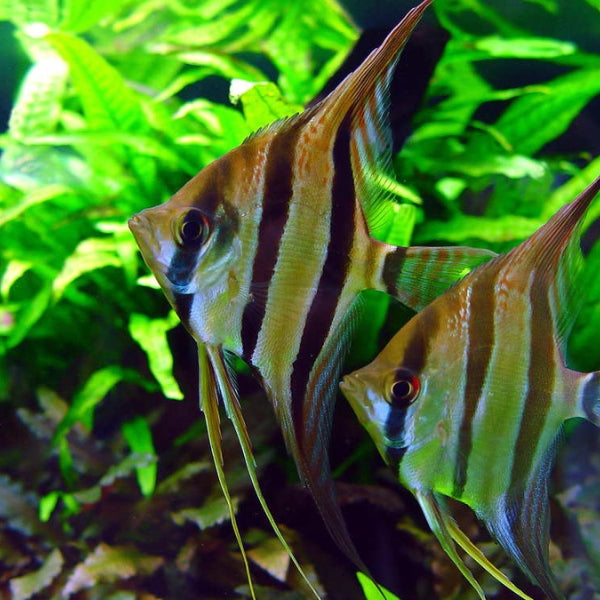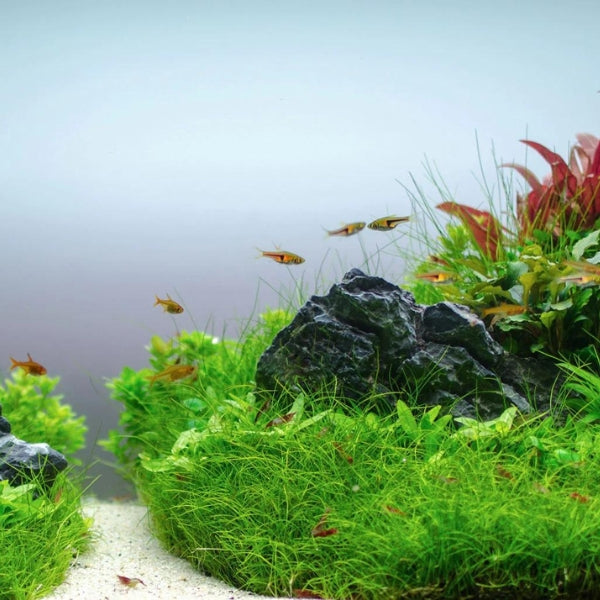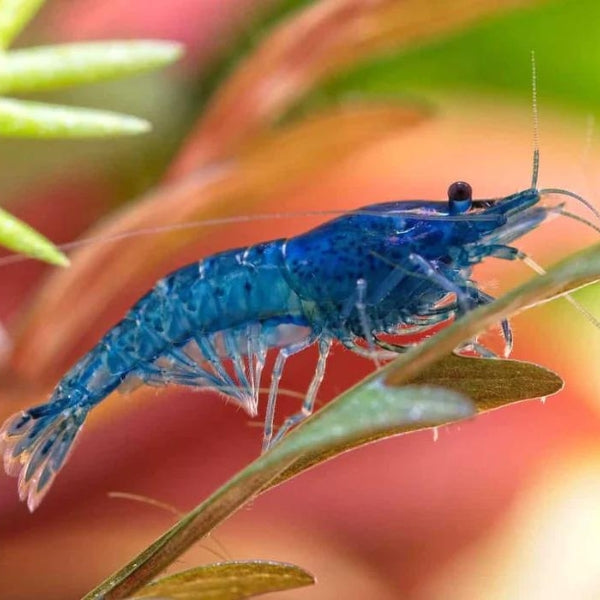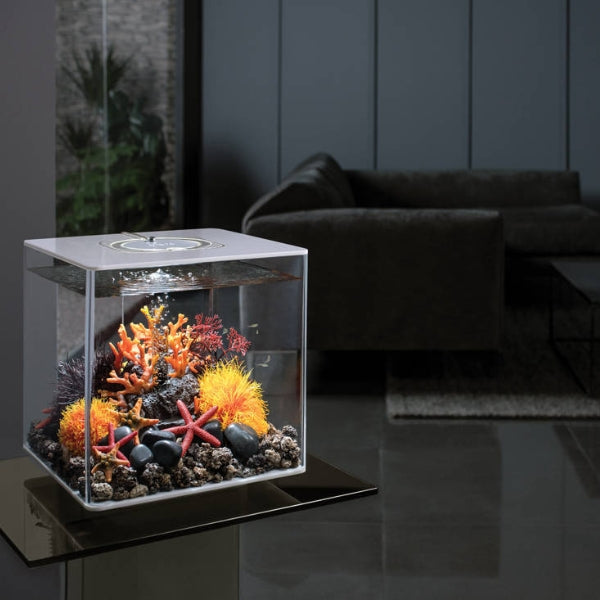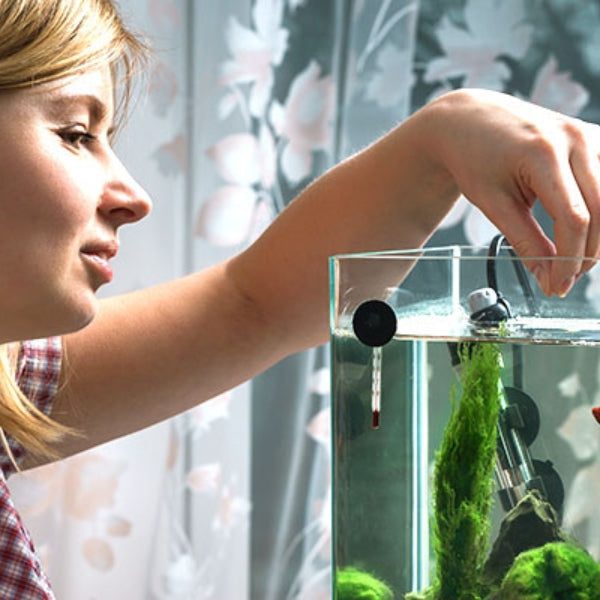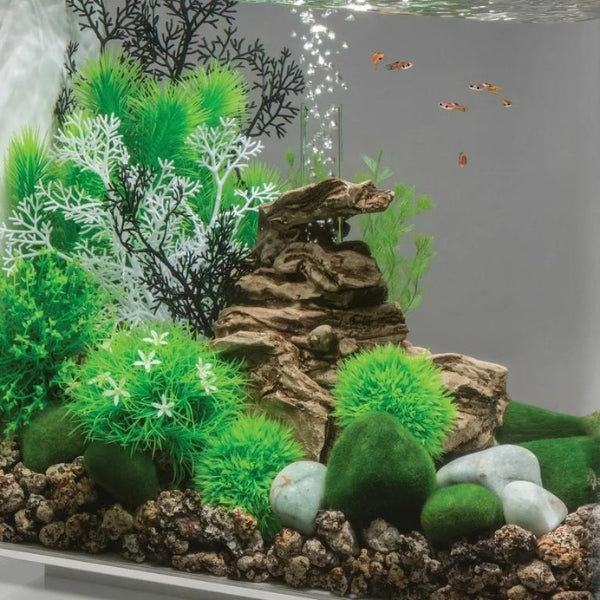Red Phantom Tetra (ML)
Live Animals Are Click and Collect Only
Please note that we do not ship live animals. You can order online and collect in store.
Special Offer - Buy Any 5 Fish & Get 6th Fish Free Mix & Match
Offer is automatically applied when you add any six fish to cart
The Red Phantom Tetra, scientifically known as Hyphessobrycon sweglesi, is a captivating and vibrant freshwater fish that adds a splash of color to any aquarium. Native to the Orinoco River basin in South America, these small, brightly colored tetras are known for their deep red bodies and contrasting black fins. Typically reaching up to 4 cm in length, they display a striking appearance with their iridescent red coloration, which is more pronounced in males, especially during spawning or when competing for territory.
Origin:
The Red Phantom Tetra originates from the clear water streams and rivers of the Orinoco River basin in South America, particularly in Colombia and Venezuela.
Temperature:
These tetras thrive in water temperatures between 22°C and 28°C.
Feeding:
Red Phantom Tetras are omnivores and do well with a varied diet that includes high-quality flake food, small pellets, frozen or freeze-dried foods like bloodworms, daphnia, and brine shrimp.
Water Quality:
The ideal pH level for Red Phantom Tetras is between 6.0 and 7.5, with water hardness ranging from soft to moderately hard.
Ideal Aquarium Size:
A minimum tank size of 60 liters is recommended for a small group of Red Phantom Tetras. They prefer a well-planted tank with plenty of swimming space and some darker substrate to help enhance their coloration.
Lifespan:
Red Phantom Tetras generally live for about 3 to 5 years, provided they are kept in optimal conditions.
Community Tank Compatibility:
They are peaceful fish and do well in community tanks with other small, non-aggressive species. Avoid keeping them with large or fin-nipping fish.
Breeding:
Breeding Red Phantom Tetras can be challenging. A separate breeding tank with soft, acidic water and dim lighting is ideal. Spawning often occurs in the early morning, and after eggs are laid, adult fish should be removed to prevent them from eating the eggs.
Please note:
We don't ship live animals. You can order online and choose click and collect, and we will hold it for you.







